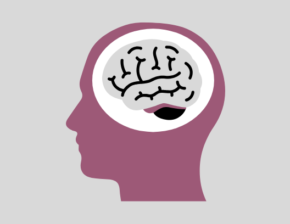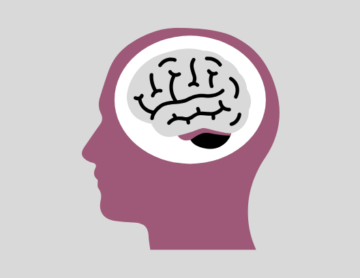Neurodiversity is a collective term that refers to people who have neurological conditions such as dyslexia, autism, ADHD or dyspraxia. These are known as spectrum conditions, with a wide range of characteristics, but which nevertheless share some common features in terms of how people learn and process information.
Some of these conditions are referred to as Specific Learning Difficulties. However, Neurodiversity is a broader term used to describe the diversity of the human brain and people’s neurocognitive functioning. Unlike Specific Learning Difficulties, neurodiversity reflects the fact that these conditions are not solely related to learning and that they can confer strengths as well as weaknesses.
During World Autism Awareness Week , which this year runs from 26th March to 2nd April, employers can find out more about autism and what they can do to make workplaces more supportive of autism and neurodiversity. According to the National Autistic Society only 16% of autistic adults in the UK are in full-time paid employment and only 32% are in some kind of paid work.
Tradition can Block Employment
A major block to employment comes from a blinkered view of what makes a ‘good employee’. Traditional traits include solid communication skills, being a team player, emotional intelligence, and the ability to network. These are not the usual behaviours of many neurodiverse people. However, in recent years, the ability for businesses to compete on the basis of innovation and ‘thinking differently’ has become increasingly important.
Another stumbling block to employment for a number of autistic and neurodiverse people is the ‘traditional interview’. For example, autistic people may find it difficult to make good eye contact, can be prone to conversational tangents, or be overly honest about their weaknesses. However, an innovative Danish Company, Specialisterne, has developed alternative recruitment methods to ensure autistic and neurodiverse candidates have the best possible chance of showcasing their talents. Adopting project-based assessment periods and half-day hangouts to encourage more casual and natural interactions with managers, have proven to be extremely successful.
Recognising that neurodiverse people view the world differently and can bring new perspectives to a company, can give organisations a huge competitive advantage. The successful businesses of the future will be those that accept everyone as differently abled and encourage and develop individual talents.
As Anka Wittenberg, Chief Diversity & Inclusion Office at SAP comments, “innovation is most likely to come from parts of us that we don’t all share”.
Encourage your workplace to #LightItUpBlue and help support autism-friendly events and educational activities taking place locally.


